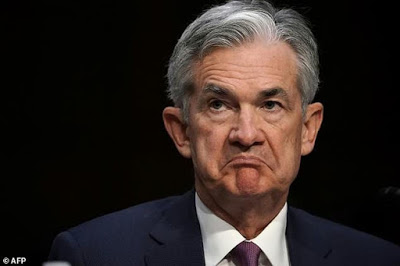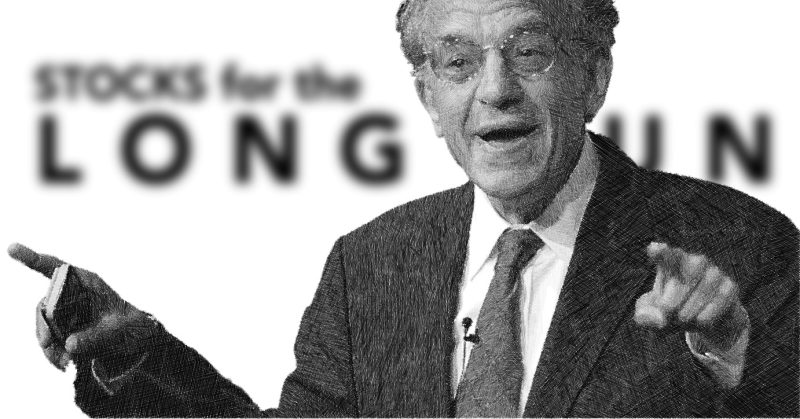by Professor Jeremy J. Siegel, Senior Economist to WisdomTree and Emeritus Professor of Finance at The Wharton School of the University of Pennsylvania
This past week contained an initial inflation panic, but cooler heads should prevail. Geopolitical tensions are on the rise again causing Brent Crude to breach $91 on Friday and simultaneously leading to a risk-off bid in bonds. But the bigger move in yields that cascaded into pressuring stocks was the Consumer Price Index (CPI) report.
The CPI's marginal excess over expectations, merely a tenth of a percent beyond the anticipated, prompted undue alarm. Over half of the core inflation hike is attributable to housing costs and insurance. We’ve talked at length about the distortions in BLS shelter and our own alternative calculations for shelter that average Zillow and Apartment List rent figures show shelter inflation of just 1.1% instead of 5.7%. When inputting that lower rent figure into CPI, that alone would bring inflation on both core and headline below 2%. The other key move higher was auto insurance.
Auto insurance rates, historically trailing behind auto prices by a year or more, are adjusting to the pandemic-induced surge in vehicle costs. Looking forward however, the stabilization in both used and new car prices foretells less pressure on inflation ahead. This contrast between retrospective and prospective data is stark here.
The Producer Price Index (PPI) brought back some tranquility, aligning with or slightly undercutting projections. March's Personal Consumption Expenditures (PCE) Price Index is also expected to reflect this subdued trend. Import prices conformed to forecasts, yet the University of Michigan inflation expectations have seen a slight uptick, likely swayed by current fuel prices and the CPI chatter. Nevertheless, this should be interpreted cautiously.
Employment figures, with jobless claims dipping to 210,000, again convey remarkable stability in the real economic figures. The upcoming retail sales data will be a critical gauge of March's economic activity. The Bloomberg Commodity Price Index has seen firmness, though the ongoing Middle Eastern tensions obscure whether it is more geopolitically driven or economic strength.
In a positive economic signal, bank deposits notably increased for the first time since interest rate interventions in 2022, suggesting a resurgence of liquidity which may bolster better growth. Gross domestic product (GDP) estimates for Q1 remain unchanged in the low two-percent range.
Within equities, growth stocks gained an edge over value stocks, reversing the traditional trend seen with rising interest rates being a hit on longer duration assets.
We are starting to get into earnings season and the financial sector, particularly large banking institutions, have demonstrated strength in anticipation of the earnings season, though expectations were very high and saw some sell-off post earnings on Friday. Initial indications suggest Q1 earnings will outperform current market expectations.
Many think the CPI data has shut off potential for a June decrease in the fed funds rate as they extrapolate the latest print. I am not ready to make that call. The economic landscape is dynamic, and we have two more CPI reports due before the Federal Reserve's June meeting. Consequently, any definitive statements regarding policy adjustments in June are premature.
In summary, the economic indicators are robust, and the initial earnings reports are promising. This suggests a sustained strength in the economy that could defy the more pessimistic inflation narratives.
Copyright © WisdomTree













